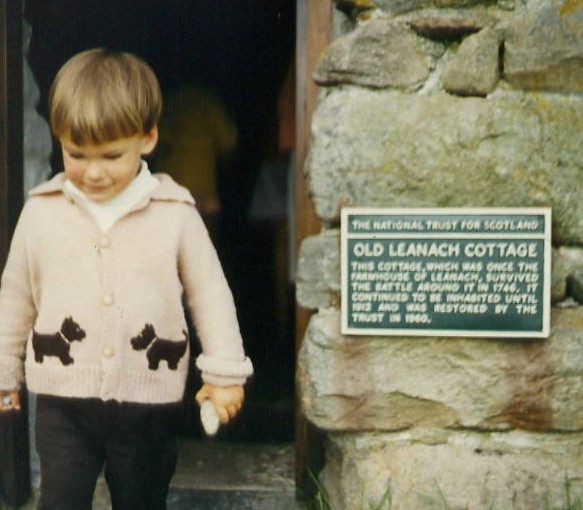The English language is a powerful thing. It inspires people to victory and riot. It moves people to tears and laughter. It lifts hearts, sinks spirits and shapes the ways we relate to and think about our universe.
But still, English is not a language without its faults and gaps. At the same time, it features many words that are underutilized, like those black pants you bought on sale because the price was right and you can never have enough black pants, but because you already had so many you just folded this new pair and put them in your sock drawer where you completely forgot that you even had them.
So let’s fix that. Let’s fill the gaps and pull out some pairs of forgotten black pants. Let’s take a look at various experiences, items and actions that currently have no single-word labels and let’s assign them a word from among the great sock drawer of the underused.
1. You know that sudden realization that your armpit odour is much worse than you thought it was, possibly bad enough that people will notice? That should be a word, like schadenfreude, an excellent word that nobody uses because everyone think it’s one of those invented words from a Volkswagen commercial.
“I was about to ask Mabeline out on a date, but when I reached for my drink I caught a whiff of my schadenfreude and decide to wait.”
2. There are times in every person’s life when the circumstances demand that you clench in an otherwise out-bound fart. If relief is just a few moments away, no problem, but if the condition persists, the pinched-in gas starts to take on mythical proportions and even though it would probably escape without incident if you just let it go, you’re now worried that, like coal changing into a diamond, time and pressure have turned your garden-variety toot into a veritable Vesuvius. Let’s call that experience persimmon.
“Sorry I didn’t get up to do another pass of the cheese tray to your boss and his wife, but I had a persimmon that just might have gotten you fired.”
3. There’s that sensation you get when a pimple starts up, but before it becomes fully-blown when you can’t decide whether you want the pimple to grow rapidly to popping size or just stay as it is, lurking painfully in the skin with a week-long foreboding. A good word for that would be truculent.
“I don’t know if it was the stress, but a week before the wedding, my face was a minefield of truculent.”
4. When you wake up after a particularly short night of sleep, one eyelid usually works much better than the other. Sometimes, the reluctant lid will stay closed long after your first spoonful of Cheerios. Oddly, you understand the closed eye – you feel your eyes should be rebelling against your late night – but it’s the open eye that makes you wonder, “How the hell is that thing so chipper?” The open eye should be called sibilance.
“If it wasn’t for my sibilance, I would have stepped right on Mikki’s pet turtle.”
5. Have you ever started telling a story or relaying a fact and, after you begin you realize that at least one person in your audience is not supposed to know this particular story or fact? Perhaps you would be revealing a lie. Perhaps you would be breaking a promise of secrecy. It doesn’t matter, but at the point you realize your mistake, the good news is that you haven’t actually revealed the damaging bit yet. The problem is that if you stop suddenly and say, “Never mind,” everyone gets suspicious. Your only option is to suddenly take your story in a new, safe and fabricated direction that somehow maintains continuity with the beginning of the story while still ending with a punch line that would justify you taking the time to talk about it in the first place. This mental exercise should be labeled refraction.
“I was telling Wanda about our night at the Cadillac Ranch when I had to do a serious refraction. Anyway, long story short, don’t act surprised when she asks about your new car.”

